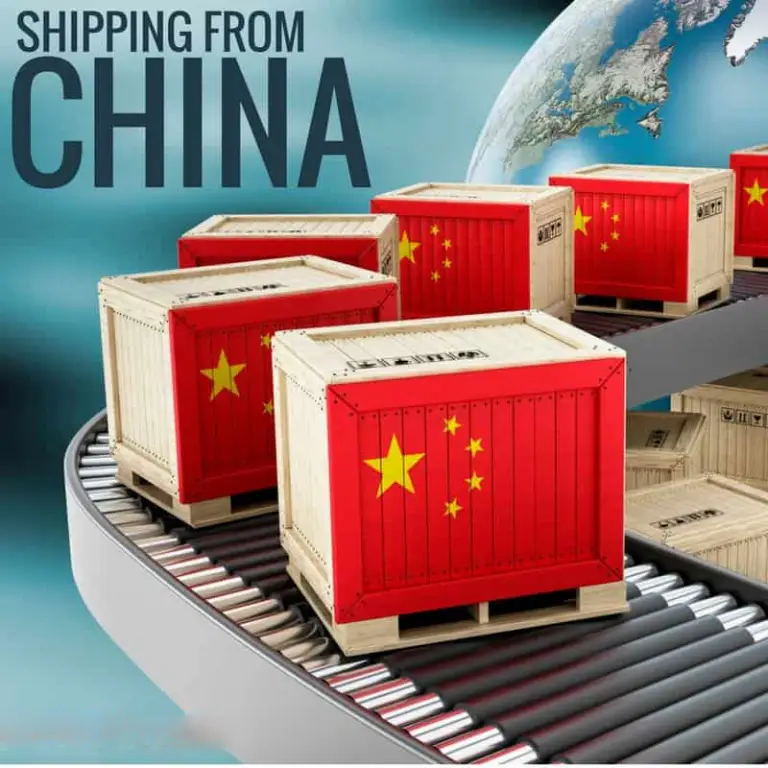China is a major centre for sourcing from low-cost countries it produces 28.4% of the world’s industrial output because of its cheap labour prices, vast labour pool, and high-quality output. While major companies frequently purchase goods from China, small and medium-sized firms may find this to be a challenging procedure.
Difficulties in finding suppliers and purchasing goods from China might result in negative outcomes or monetary losses, particularly for first-time purchasers. Successful sourcing and procurement require navigating these challenges to guarantee the affordability and calibre of the goods supplied from China.
The following are a few challenges that many businesses may face when finding procurement vendors in China.
1. Supplier Issues
Finding reliable suppliers in China is challenging due to potential fraud on e-commerce platforms. Verifying suppliers is crucial to avoid substandard products, delays, and losses from fake licenses and permits.
2. Substandard products
China’s reputation for subpar quality products often deters importers, as advertised items may differ from those received. To mitigate this risk, order samples before placing large orders.
3. Payment problem
The RMB, China’s official currency, is often required by suppliers but is not accessible to most foreign importers. Partnering with a trusted procurement company can facilitate supplier payments and ease sourcing difficulties.
4. Communication problem
The language barrier complicates communication with Chinese suppliers, as most speak only Mandarin. Translation apps can be inaccurate, causing order issues. Partnering with a procurement agent fluent in Chinese and knowledgeable about the market resolves this problem.
5. Negotiation Problem
Negotiating with Chinese suppliers is complex due to factors like MOQ, delivery time, and payment terms, which are aggravated by the language barrier.

6. Loss of shipments in transit
Despite advancements like tracking systems, shipment loss persists due to labelling issues or mishaps. Insurance and resilient systems mitigate risks and ensure business continuity.
7. Shipments delays
Shipping delays can harm businesses due to various factors. Educating clients and staying informed about industry trends is crucial.
8. Miscellaneous Issues
In addition to the above-listed concerns, companies considering Chinese sourcing and procurement should further examine the potential for:
– Nigerian and Chinese technical or industrial norms differ from one another
– Different export or import limitations on both ends of the transaction.
– Variations in the documentation needed for cross-border transactions, which are frequently difficult,
– Currency exchange rate fluctuations
– Unstable political and economic environment, which typically has an impact on the supply chain.
To smoothen the process of importing from China, it would be a good idea to hire a China-based procurement company, which would be quite useful in resolving most of the issues discussed above.

